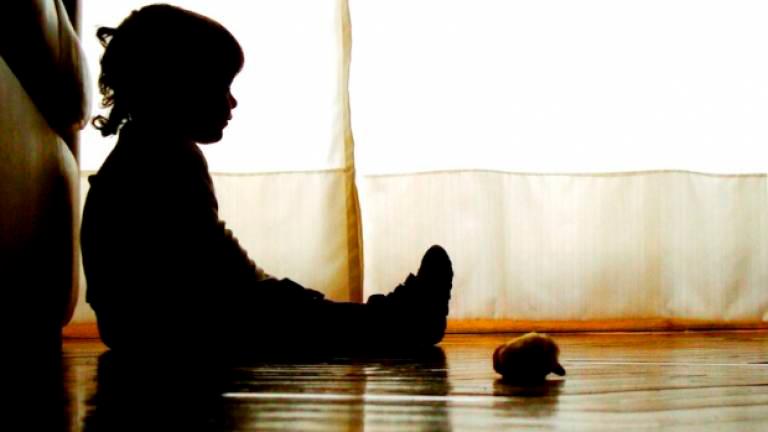PETALING JAYA: Children with disabilities face a higher risk of falling victim to sexual abuse, and it is the duty of parents and caregivers to keep them safe, said child experts.
Power of Play (POP), an organisation that helps children express their inner worlds and allows them to have the courage to be themselves, said children with disabilities are four times more likely to experience sexual abuse and violence than non-disabled children.
POP co-creator Madeleine Yong said abuse against disabled children often goes unreported for several reasons, such as the need for help with personal care, an inability to report abuse due to communication difficulties, caregiver dependency and trust, lack of education regarding health sexuality and sexual abuse, as well as societal myths.
Yong told theSun that most times, these children are “protected”, thus they lack exposure to many things, unlike those without disabilities.
“Some lack the vocabulary to report the abuse or inappropriate behaviour, while others may not be aware of the difference between good touch and bad touch,” she explained.
“We know of a 12-year-old girl with mental development of a six-year-old who can identify her friends but does not know their names. It is a myth that disabled children are asexual in nature,” she said.
“Further more, our reporting system does not cater to disabled children.”
Yong said parents and caregivers should be open to sex education for disabled children to help improve personal safety.
“Talk about self-esteem and promote the idea of expressing feelings. Give them information about their bodies and do not be vague about it. The statement that sex education promotes sex is just a myth,” Yong pointed out.
Meanwhile, SOLS Health counselling psychologist and programme manager Fenella Ting said research has shown that children with disabilities are at a higher risk of being sexually abused because they get less attention.
SOLS Health is a community-based mental health centre that connects children, adults, families and communities to accessible and affordable mental health services.
“According to a review commissioned by the World Health Organisation in 2012, children with disabilities are 2.9 times more likely to be victims of sexual abuse, while children with mental or intellectual impairments appear to be most vulnerable with 4.6 times the risk of sexual violence than their non-disabled peers,” Ting said.
“A 2018 investigation by the US-based National Public Radio found that people with intellectual disabilities are sexually assaulted at seven times the rate of people with no disabilities – a crime that often goes unnoticed and unpunished.”
Ting said some abusers may take advantage of the challenges these children face in speaking, hearing or dealing with social situations.
“Worse than that, these children are more likely to have their testimonials dismissed as less reliable. Parents can help by getting to know the children’s carer, irrespective of whether the children are with or without disabilities. As parents, you must be mindful of any unusual signs and symptoms portrayed by your children, for examples sudden changes in behaviour, cuts or bruises on their body and complaints about pain in the private parts,” she said.
“Some Asian parents may be resistant to openly discuss sex education with their children. As sex education is being taught in schools, parents can utilise this platform to start a conversation with their children to help them learn about safe and trusting relationships.”














